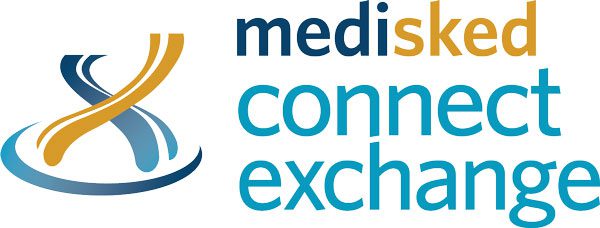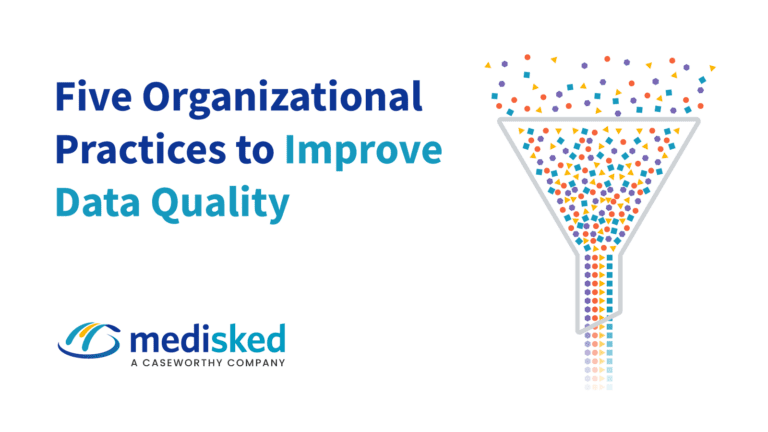I recently had the opportunity to interview Dave Richard, the Executive Director at The Arc of North Carolina. It was a very insighful conversation as Dave was able to elaborate on his agency’s experience with North Carolina’s transition away to Managed Care Organizations (MCOs). The MCO model is gaining steam in states across the country because, for the states, the management of medicaid waiver services gets outsourced to private insurance (MCO). The state not only saves money by not having to administer the funds they also typically set up a supports budget per participant based on needs assessments that come out to be, on average, cheaper per person than the old way. This capitated model is appealing to state legislatures because it reduces state medicaid expenses helping the state government get to a balanced budget. While this model seems great from a state government perspective, it is less than appealing to providers of IDD services for a variety of reasons. Dave talked about these reasons, as well as the importance of having electronic records during an MCO transition. Below is an exerpt from the interview.
How has the proposed transition in North Carolina compared to the actual transition?
There is no resemblance to what was promised and what exists today on the ground. That’s not surprising in most political processes but this was a skillful effort to portray this as a more efficient way of doing business which would produce cost savings to administer greater efficiencies. Nothing has been further from the truth. The cost of the system in terms of the system itself is higher, more expensive in terms of administrative cost and the outrageous expense that providers face is really having a significant impact on how services are delivered to people. There is a real disconnect between what we thought was an important component of person centered planning and developing services based on individual’s needs to what we find now is a much harsher and less forgiving system for the people we serve.
What have been the obstacles or changes along the way in your eyes?
One, and this plays into MediSked, is that there’s no question you need to have a robust IT system yourself that can deal with whatever the new system puts in place. One that is electronic and nimble enough to make adjustments that you need to deal with the new system. You have to have cash. What we’re seeing, again, is a system that was a very reasonable payer system out of our state now become much more difficult and so our time that we spend chasing reimbursement money has just gone up exponentially. So our receivable numbers go up and we have to spend more time chasing. And I think that the most important part is that you’re dealing with the organizations that manage care itself is to make sure that there’s enormous input from providers on how the systems go forward. What we’re seeing is that the state has brought in consultants. The expectations that the state placed on them reviewing these managed care organizations for readiness were not stringent enough. So I think pushing very hard for actual testing of billing systems that goes beyond just internal with the MCOs, make sure the providers are involved in that. Testing the other kinds of reporting requirements that people see – actually doing some walkthroughs with the consumers to actually see how these changes impact them before going live. So everything that can be done to do things on the front end I think is really important.
When the MCO model was being designed, did providers have any input into that?
In typical state speak, there were opportunities for input. The problem is, is that input only works if people listen once you’ve given it. What we found is there has been an awful lot of lip service to what providers, families and people with disabilities were saying and listening to it but little results on the back end of the MCOs or the state administration hearing that input and making adjustments as they went forward. Some of the input we had was basically saying ‘this is a bad system design, you need to start all over’ and they weren’t going to do that. But, there was an awful lot of very practical recommendations that we and others gave that was never listened to. One of the one’s we think was the simplest one was that the biggest transition to the largest number of MCOs to go live happened on January 1st of 2013, which you might imagine as you try to go live in the month of December with all of the holidays, neither the providers nor the staff at the MCOs were very good at that. It actually happened at the same time we were doing a total transformation of our administration at the state level, from one governor to a new one and a different (political) party. Not only did we not have people on the ground able to make these transitions, the folks that should have been making the oversight decisions at the state level weren’t in place because of the new administration coming in. So everything from very practical easy solutions that would have made it easier to the big suggestions, most of them were ignored going forward.
If you knew what you know now about going through a transition to an MCO model, what would you do differently in any aspect of your agency (aka lessons learned)?
The most important thing we would have done, we would have started with you guys a couple years earlier. However a state implements this, however changes take place, the kind of systems an organization has is the most critical piece and to have a system like MediSked (Connect) in place before you start this transition actually would have made our lives so much easier. So were trying to get our folks to use it and do all the transitioning we’re doing with MediSked, which everybody sees as a great benefit at the same time the (MCO) transition is happening. That’s not the right way to do it. We would have started earlier and had you guys in place to begin with – that would have been the best thing to have done.







